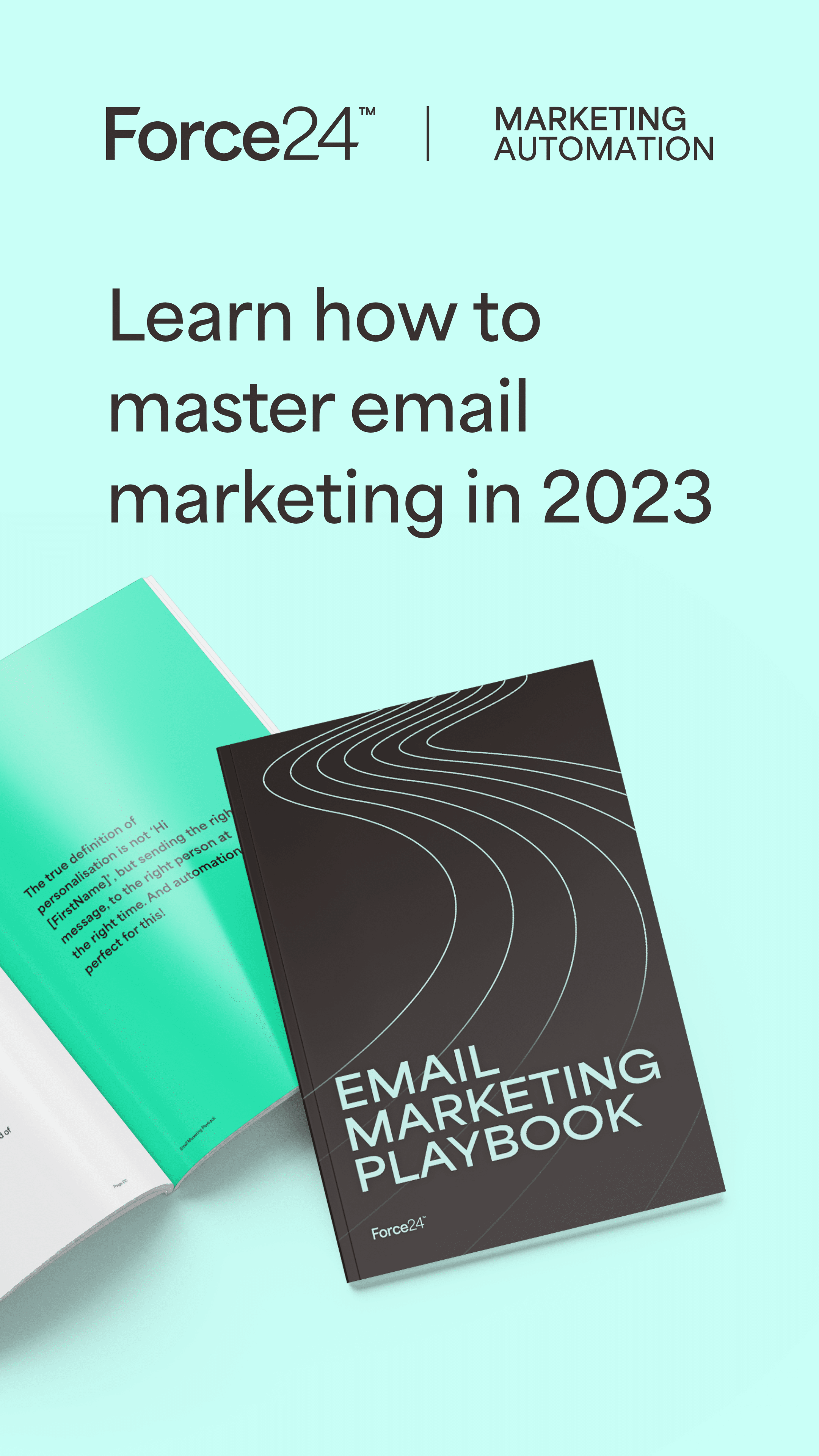What is influencer marketing and why are people complaining about it?
Kirsty Smith, ContentCalSubmitted by: ContentCal (https://www.contentcal.io), Post published: 30th May 2019
Influencer marketing; a sensation, a successful marketing tactic, a… bit of an annoyance?
An influencer is defined as a person who has a certain amount of power over a large social media following. An influencer cannot be defined simply by their large following (although this is a necessary trait) but instead by their ability to encourage this following to try new things or understand new perspectives.
Somewhere along the lines, a bunch of marketers realised they could use influencers to their advantage in encouraging their audiences to purchase a specific product or service; kind of like celebrity endorsement, but a tad more subtle and a lot more effective.
 And so influencer marketing was born
And so influencer marketing was born
It was pretty great for a while (for both brands and influencers). Finding an influencer who could authentically express an interest in your product/service to their social media following could result in a wave of new customers and supporters. So everyone’s happy, right?
Well… here’s when things started going a little south
Being an influencer isn’t always the most lucrative of work. It looks like a sugar-coated lifestyle when you’re watching from behind a computer screen, but many influencers need to do a lot of work on the side in order to get by (and many have a full-time job away from their Instagram). They can earn drastically different amounts from month to month and don’t always know where their next pay cheque is coming from.
Of course, an easy way for an influencer to bring some stability to their bank account would be to agree to promote a product. And this is how influencers can sometimes end up supporting a Product or Service that they don’t really believe in… And leading their audience astray as a result.
The laws have changed in recent years requiring any paid promotion to be explicitly mentioned on any social media posts (after all, we all remember the Fyre Festival disaster) to give the influencees of the world a bit more insight into whether there’s an ulterior motive behind something that’s being recommended.
Of course, not all social media influencers are willing to compromise their integrity for a few extra bucks – No sirey. Many wouldn’t dream of promoting a product that they wouldn’t use in real life. And these are the influencers that are more likely to stick around for years to come as their authenticity keeps their audience loyal.
 In the news…
In the news…
Influencer marketing has been under-fire in recent months with the ASA (Advertising Standard Authority) clamping down a little tighter than before. People are beginning to question whether indicators on the likes of Instagram posts such as #ad #spon are obvious enough. Guy Parker, Chief Executive of the ASA has stated in the past that people “shouldn’t have to play detective to work out if they’re being advertised to” and he’s kinda got a point right?
A recent survey even indicated that 47% of people are tired of repetitive influencer posts and 49% of people would like to stricter rules for sponsored influencer posts.
What’s influencer marketing fraud?
Influencer marketing fraud is when an account presents itself as an influencer based on a high following which may not be totally real. A few ways to spot a fraudulent influencer is to look at the ratio of followers to posts to work out if followers may have been purchased. You can keep an eye out for generic or irrelevant comments (which may be fake), see if they have collaborated with brands before (if not, it’s a red flag), and check if their followers are based in their country (again, if they’re not in the same country as their following it’s another red flag). And of course, if they’re not a verified page then do be wary.
To summarise…
Why it’s been great
Gives brands exposure to a whole new community
Give influencers the chance to be more valuable to their audience by sharing some new great discoveries
Helps influencers earn money from promoting products they care about.
Why it’s been not so great
Not all influencer are authentic and will promote a product they wouldn’t necessarily recommend otherwise
Influencer marketing fraud is taking advantage of brands
People may choose not to purchase products that influencers have been paid to promote.
Found the topic of this article interesting?
Register for one of our FREE regional marketing events to learn more tips and tricks to amplify your marketing campaigns. Expert-led seminars, information packed exhibition and a room full of other marketing professionals from leading brands.
Fill out the form below and we will send you tickets and a show guide for your local event.
Oops! We could not locate your form.
